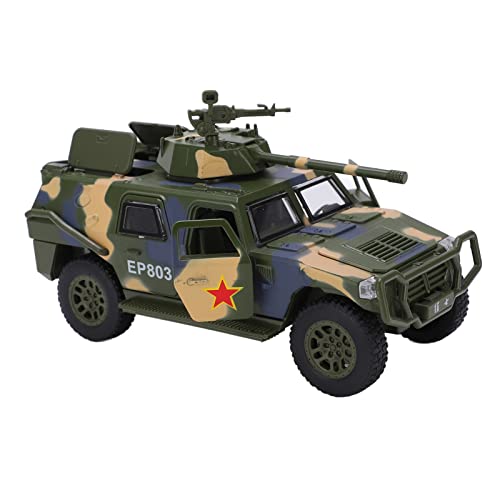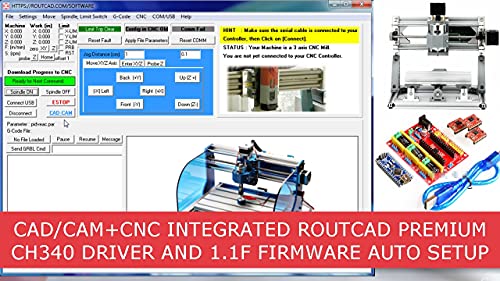I've been working on a steel flywheel on my lathe and I'm noticing a problem I've never had while machining aluminum. Splinters. Maybe a better word is sharp chips.
Small, sharp splinters that get under my skin without me noticing and then stick whenever I grab something.
I'm not good at wearing heavy clothes to keep things off or out of me, mainly because it's too hot in the shop to feel comfortable wearing something like denim, even though the air conditioner is on. I have a shop apron but haven't been wearing it. Even that is good compared to gloves, which I've never worn and have been afraid of thanks to the safety warnings I've seen.
What do you guys do to keep sharp chips or splinters out of your hands?
Moderators - I didn't know where else to put this. If it's in the wrong place, please let me know.
Small, sharp splinters that get under my skin without me noticing and then stick whenever I grab something.
I'm not good at wearing heavy clothes to keep things off or out of me, mainly because it's too hot in the shop to feel comfortable wearing something like denim, even though the air conditioner is on. I have a shop apron but haven't been wearing it. Even that is good compared to gloves, which I've never worn and have been afraid of thanks to the safety warnings I've seen.
What do you guys do to keep sharp chips or splinters out of your hands?
Moderators - I didn't know where else to put this. If it's in the wrong place, please let me know.

































































